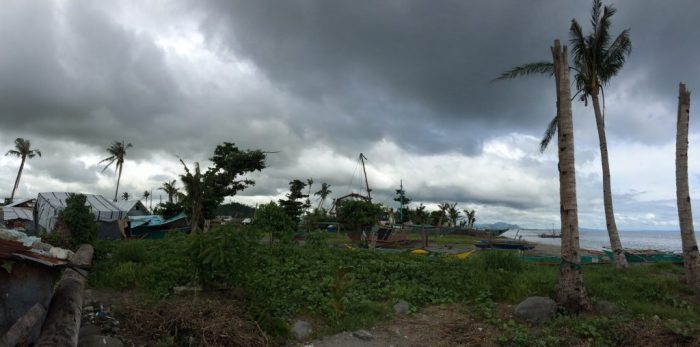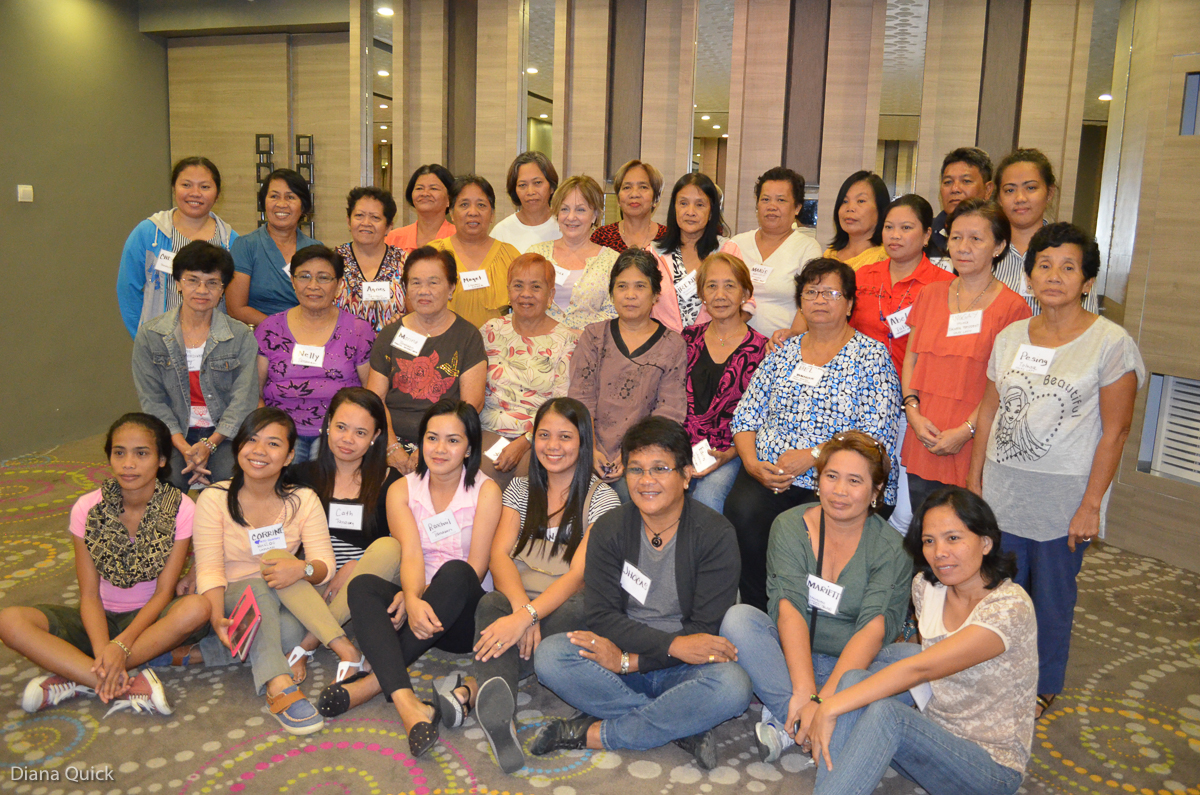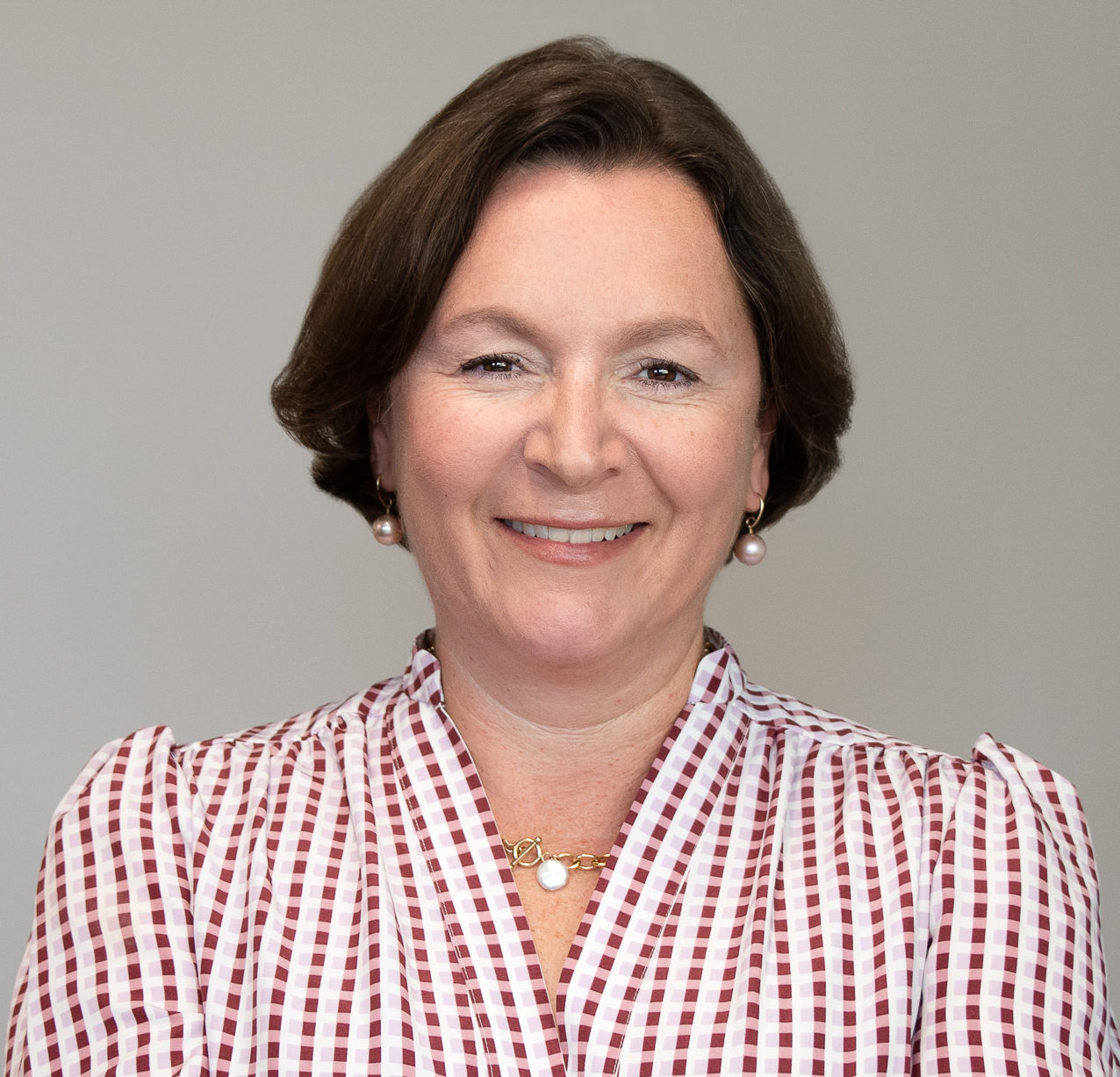More Than 70 Donors Collaborate to Make a Difference in the Philippines
It gives me great pleasure to announce the four grants that the Center for Disaster Philanthropy recently awarded from the CDP Typhoon Haiyan Recovery Fund. The CDP Typhoon Haiyan Fund was made possible through the generosity of more than 70 donors, who came together with the belief that supporting medium and long-term recovery efforts was the […]
It gives me great pleasure to announce the four grants that the Center for Disaster Philanthropy recently awarded from the CDP Typhoon Haiyan Recovery Fund. The CDP Typhoon Haiyan Fund was made possible through the generosity of more than 70 donors, who came together with the belief that supporting medium and long-term recovery efforts was the most effective way to support Haiyan-affected communities. I am ever so thankful for their confidence in CDP and their belief in the importance of addressing medium and long-term needs of a disaster.
It has been almost 10 months since Typhoon Haiyan (locally known as Yolanda) crashed across the islands of the Philippines. The storm was a category 5, with wind gusts up to 235 miles per hour, causing massive landslides and flooding. The storm caused 6,201 deaths, injured at least 27,665, and destroyed more than 1 million homes. More than one thousand are still missing. Four million people were displaced – to put this figure into perspective – that is the equivalent of the entire Los Angeles metro area.
Through the determination of an active committee, the CDP Typhoon Haiyan Recovery Fund focused its efforts on maternal health, funding programs and projects aimed at ensuring the safe birth and delivery of Haiyan-affected women and their newborns. Below are descriptions of each grant – imagine the collective impact on women and children that these four organizations will achieve in the Philippines!
Direct Relief will work to ensure safe newborn deliveries in the Philippines by equipping midwives with essential supplies to ensure safe births among Typhoon-affected populations. Midwife kits will be distributed to 100 trained and skilled midwives working in local health centers throughout remote regions in the Philippines; consumable products in midwife kits will be restocked; and Direct Relief will work with the Integrate Midwives Association of the Philippines to identify additional midwives in need of resources.
Mercy in Action will rebuild a birthing center in Tanauan that was devastated by the typhoon. The organization’s objectives for this project are four-fold: rebuild and bring back to the community a trusted birth center, run by licensed Filipina midwives; maintain lower than the national average mother and infant mortality rates in the Typhoon-affected region; provide free, clean, safe, and attended birthing services to pregnant women; and, provide free prenatal care of high-risk populations without access to maternal health care. Once rebuilt, Mercy in Action anticipates that this clinic will provide prenatal care to about 1,500 women and support 250-300 births at the clinic annually. Based on previous history, the clinic will see mortality rates that are eight times lower than the national average.
Save the Children will use its CDP Typhoon Haiyan funds to improve access to clean birthing supplies and materials in typhoon-affected communities and communities at risk of such disasters. The organization will source and distribute Birthing Essentials and Care of Newborns (BEACON) boxes to prevent excess maternal and infant morbidity and mortality. Save the Children will partner with local health officials, who will take care of each BEACON box, and who will communicate back to Save should supplies need to be replenished.
The Women’s Refugee Commission (WRC) will work with women living in Tanauan Leyte to improve their health and resilience. Through this project, designed to build the capacity of local women’s groups to support response and prevention in Typhoon-affected Philippines, the Women’s Refugee Commission It seeks to fulfill these four objectives: improve opportunities to organize women for skill and knowledge building related to reproductive health, livelihoods and protection, through safe spaces; conduct workshops with women within DAMPA’s federation (Damayan ng Marlitand Pilipinoong Api, Inc. – meaning solidarity of Poor Oppressed Filipinos), to identify risks and vulnerabilities during disasters, as well as local solutions to reduce identified risks; implement community developed action plans to improve access to basic services for women, including reproductive health and protection; and strengthen gender-sensitive policies and programs that deliver health and basic services to women most in need.
If you or your organization has an interesting story to tell about your work in the Philippines following Typhoon Haiyan, please let me know! I can be found at regine.webster@diasterphilanthropy.org.
More like this

GlobalGiving Staff Visits Site of Grant Work as Anniversary of Typhoon Haiyan Nears

